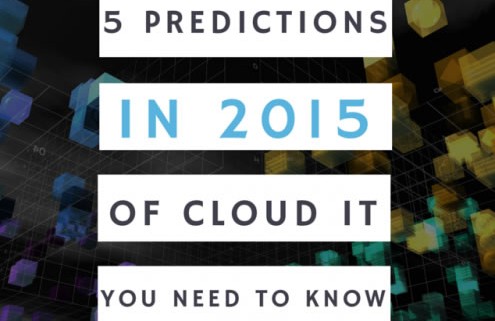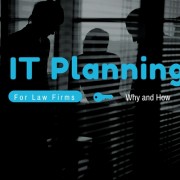5 Predictions in 2015 of Cloud IT And Why You Need to Know
Without a doubt, 2014 was a great year for cloud. I’d like to provide five predictions for the upcoming year and why you need to know. If you’re considering moving to the cloud, it’s a good time to be a customer with new services from AWS, Google and Microsoft.
- More demand in the market for cloud services.
Per a recent Gartner forecast, the Software as a Service (SaaS) market will grow at a yearly growth rate of 20.2%! With this type of estimated growth, it is easy to see why so many SMB’s are ready to move to the cloud.
- Data security overtakes device security.
BYOD is now a part of everyday work culture. Employers and employees want to work unrestricted and devices are being replaced quickly while the value of corporate data spreads longer and connected devices reduce the necessity for device-local data storage. Companies will turn their focus from securing endpoint devices to securing data on its way to and from the cloud and being stored in the cloud in order to guarantee a smooth user experience.
- Security, security and security…
Many web articles discuss concerns over the security of data in the cloud as a major factor of cloud adoption. Over time, most companies recognize it is near impossible to have foolproof on-premise (company owned servers or data centers) and that no cloud is. Once accurate expectations are made, companies need to focus on evaluating and mitigating risks intelligently.
- Increased hybrid cloud implementation.
As more companies adopt cloud, hybrid cloud implementation will be the norm. Why? As C level executives develop cloud strategies, organizations benefit from the convenience of the cloud business model and attain the performance of on-premises solutions. Due to the complexity of today’s environments, it would prove to be extremely difficult to move everything across-the-board to the cloud.
- Cost effective clouds.
The return on investment for computing projects ranges significantly. After deployment, cloud value is easy to define. In other cases, cloud needs to be considered a long-term investment and aging hardware and servers can be factored as part of the value cloud computing will truly bring to your business.









